Manufactural Processing Laboratory
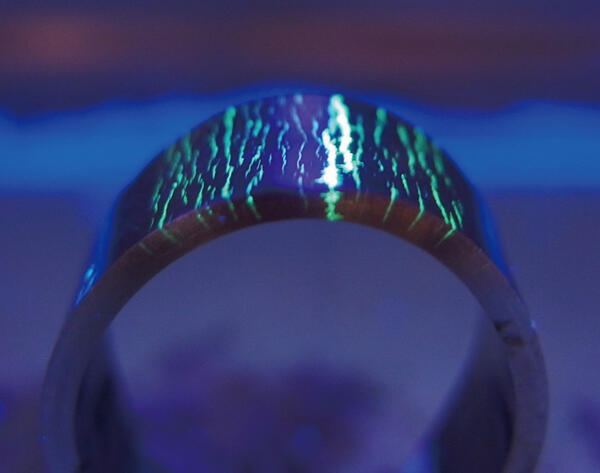
Rresearch images
mechanical
car
material
Mechanical Engineering is a field of engineering, which is the foundation for building a society that can maintain human life and the global environment surrounding it forever, through “manufacturing.” The Mechanical Engineering Course has set a goal, which is to develop the ability to make a judgment in relation to the social needs regarding the environment, safety, security, and convenience to realize such a society, by flexibly applying a variety of specialized knowledge as well as based on complex examinations drawn by seeing things from a global perspective and considering various effects. Furthermore, the Course also aims that its students will acquire the determination to open up new fields and develop practical abilities.
The Mechanical Engineering Course offers a research guidance course divided into nine sections. In each section, a wide range of research education is practiced, ranging from research concerning micro technology in fundamental field to the field of macro technology regarding complex applied technology and system technology. In addition, the fields covered in this course include those based on mechanical engineering in which the earth itself is the subject of research (such as material and structural mechanics, fluid, heat and energy), the human- and earth-friendly engineering field (such as robotics, automotive engineering, new energy systems, and welfare engineering), and system technology regarding complex manufacturing (such as bio-related engineering, medical engineering, design engineering). Allowing students to study these research areas, this course has set a major goal that it will nurture global and competent engineers who can contribute to the society, who have not only specialized knowledge but also an ability to identify problems by themselves based on engineering ethics, and who have an ability to practice engineering towards solving the problems. Through the problem-solving process of concrete themes, the course offers an educational program in which students can acquire foundation skills, which will enable them to always challenge new issues.
In the Mechanical Engineering Course, our major goal is to nurture engineers who can learn not only the specialized knowledge through education in specialized subjects and research guidance, but also engineers who can set their own problems with an awareness of engineering ethics and practice engineering to solve them, and engineers who can contribute to society from a global perspective. In addition, we have an educational program that allows students to constantly challenge new things through the process of solving problems on specific themes.
In order to achieve the goal, the requirements of completion are determined specifically as follows:
Students must have advanced and wide-ranging specialized knowledge in engineering and science, and must have earned the credits specified in the study guide.
The student must have the insight and flexible thinking ability to set up problems accurately when conducting research, and be recognized as having the quantitative and logical thinking ability to solve problems. In addition, the student must be able to quantitatively evaluate the degree of achievement in problem solving.
It is recognized that the applicant has a spirit of challenge to actively seek solutions to difficult problems in the course of his/her research, and has the ability to put such challenges into practice appropriately.
The student must have the communication skills to cope with the global society.
Recognized as having a high sense of ethics, recognizing the diversity of the world and society.
The student should be able to accurately summarize highly original academic findings as research results.Dissemination of research content, results, and works to society through presentations at academic conferences, associations, and other academic activities.
Candidates will be conferred the degree of Master's in Engineering by fulfilling the following criteria:
Candidates will have:
The Mechanical Engineering Course provides education in line with the following policy:
Students will acquire:
The Mechanical Engineering Course provides education and research guidance and accepts the following students:Those who understand that mechanical engineering is an engineering field that provides the foundation for building a sustainable society
through "manufacturing".
Those who have an intellectual curiosity for various problems of science and engineering and are motivated to contribute from the specialty of Mechanical Engineering according to social needs such as environment, safety, security and convenience.Students
with the potential to study in the Department of Mechanical Engineering are expected to have the insight to identify mechanical engineering problems from among various needs, the ability to think logically and plan approaches to solve them,
also have the ability to respond flexibly based on the plans.
Those who have the knowledge of basic natural science (e.g. mathematics and physics), expertise and practical skills in mechanical engineering (e.g. materials, structural mechanics, fluids, heat and energy).
Those who have knowledge of foreign languages and practical skills to enable international academic exchange.
Those who have an ethical sense as an engineer and who have the potential to exert human power to promote research independently while cooperating with surrounding members.

 mechanical
mechanical car
car material
material


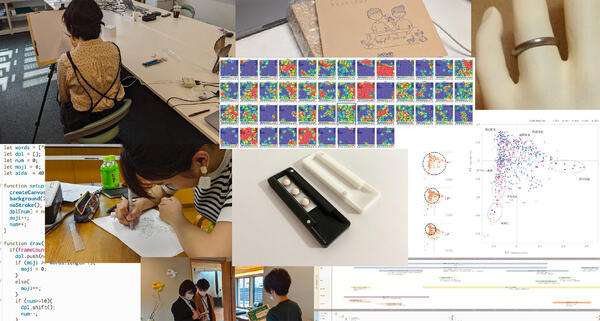
 communication
communication productdesign
productdesign informationdesign
informationdesign


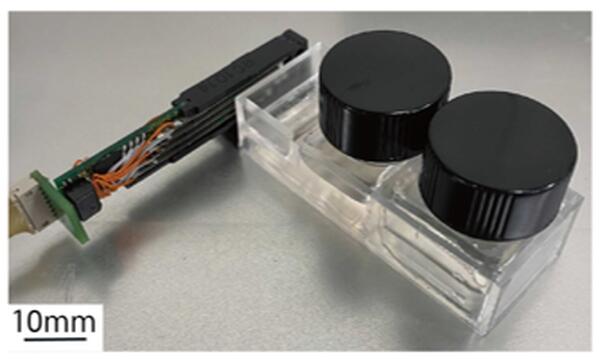
 mechanical
mechanical medical
medical health
health


 ecology
ecology safety
safety environment
environment


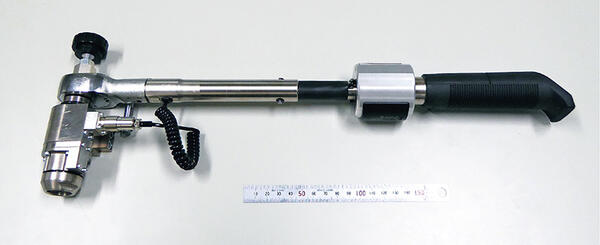
 mechanical
mechanical car
car aerospace
aerospace


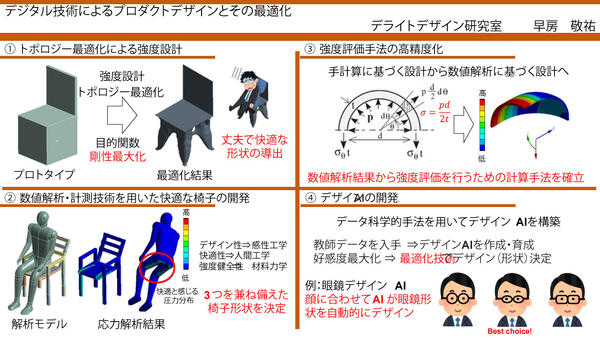
 mechanical
mechanical productdesign
productdesign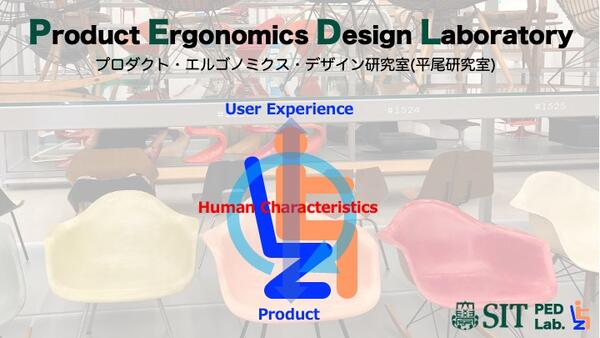
 car
car productdesign
productdesign multi
multi


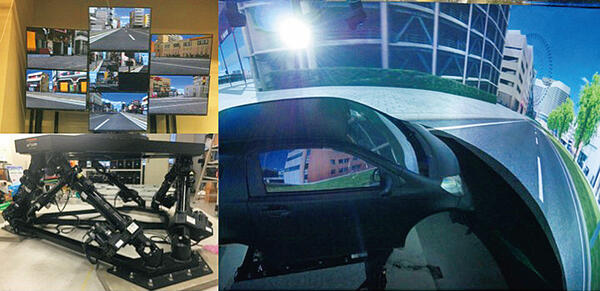
 car
car

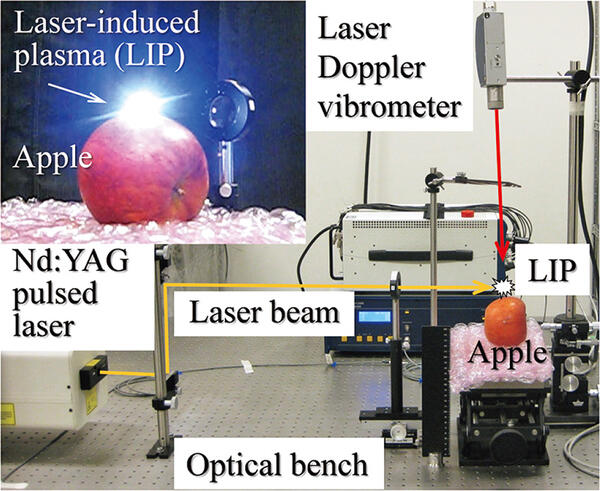
 mechanical
mechanical aerospace
aerospace environment
environment


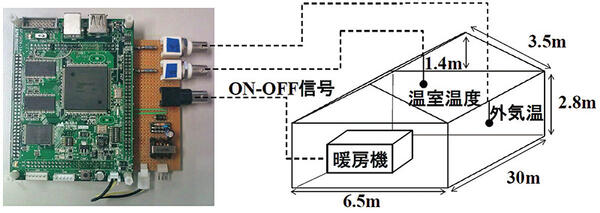
 mechanical
mechanical


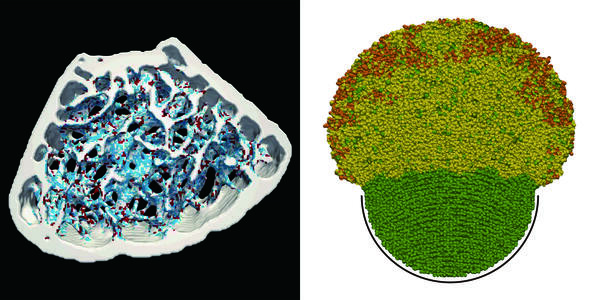
 mechanical
mechanical biotechnology
biotechnology medical
medical

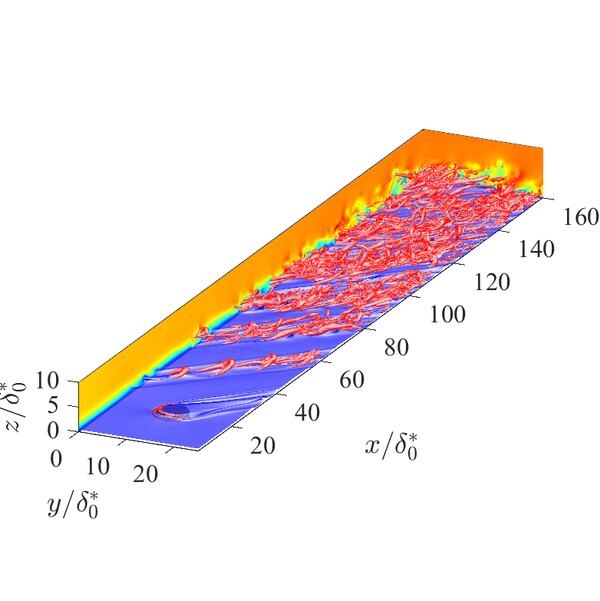
 aerospace
aerospace energy
energy basic
basic


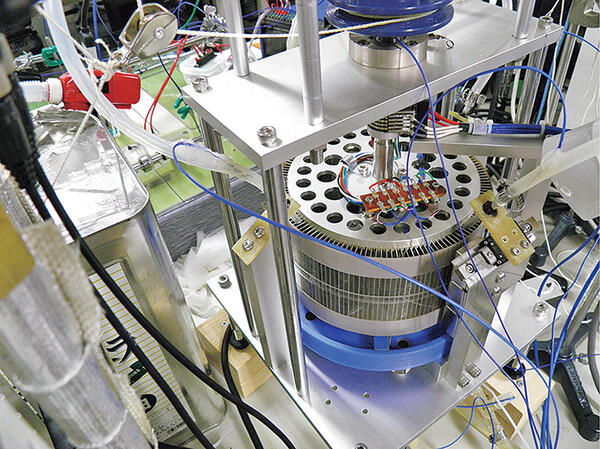
 energy
energy

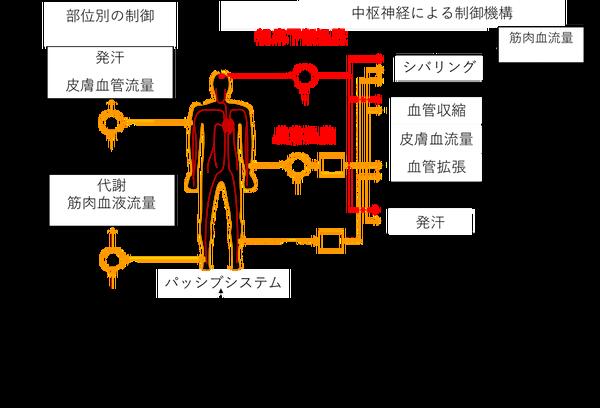
 energy
energy environment
environment society
society


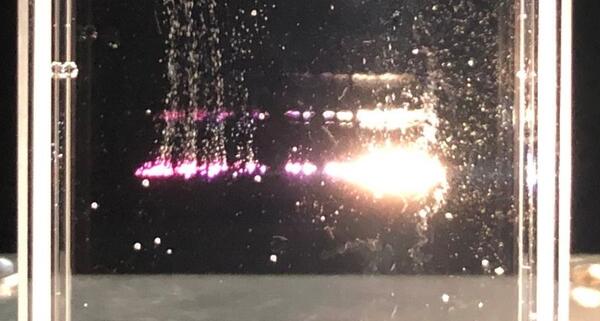
 mechanical
mechanical energy
energy basic
basic

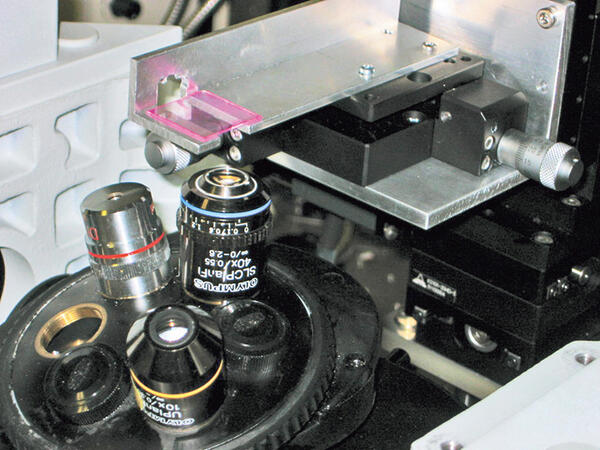
 mechanical
mechanical

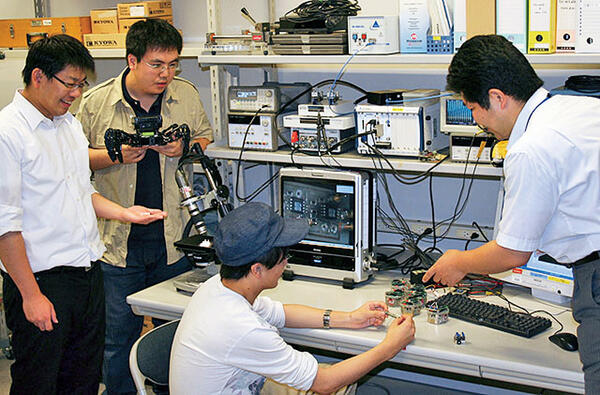
 robot
robot



 productdesign
productdesign informationdesign
informationdesign


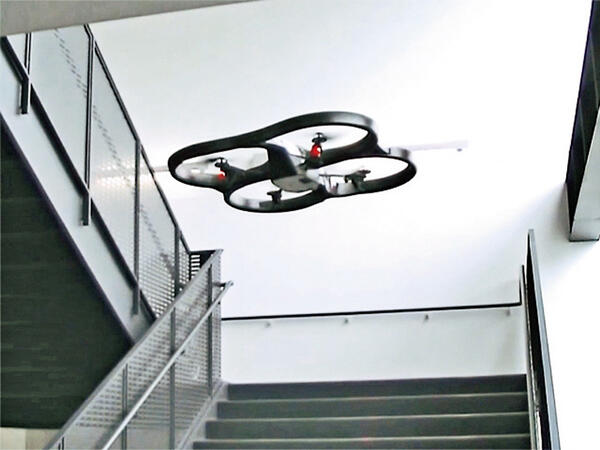
 software
software


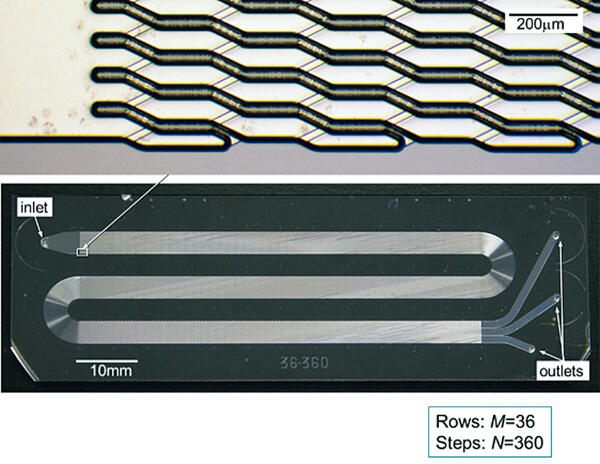
 mechanical
mechanical


 mechanical
mechanical ecology
ecology multi
multi


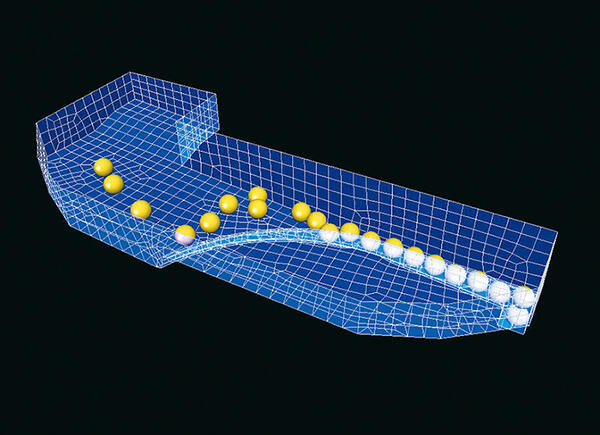
 mechanical
mechanical

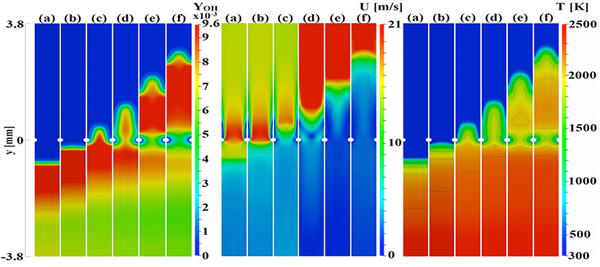
 energy
energy
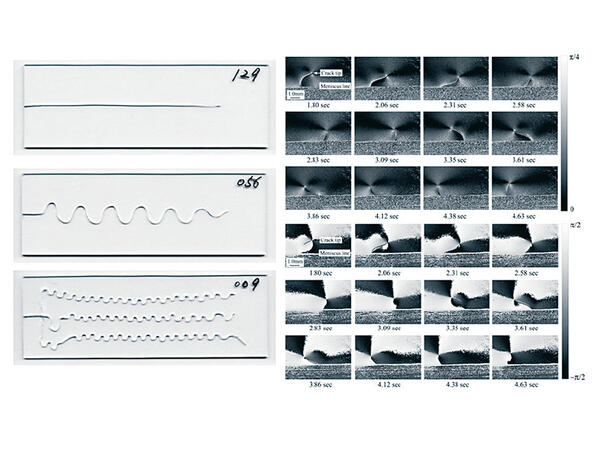
 mechanical
mechanical


 multi
multi
 mechanical
mechanical

 communication
communication productdesign
productdesign informationdesign
informationdesign



 multimedia
multimedia communication
communication society
society
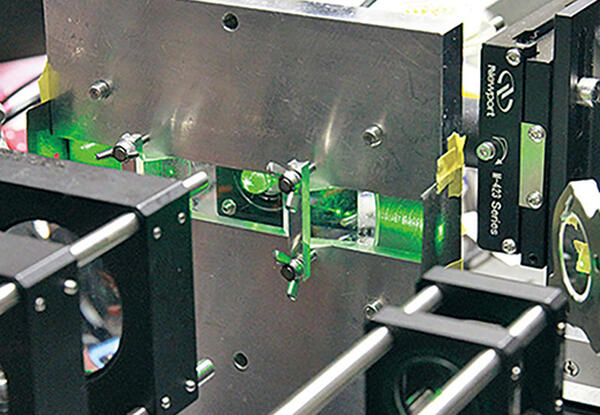
 energy
energy


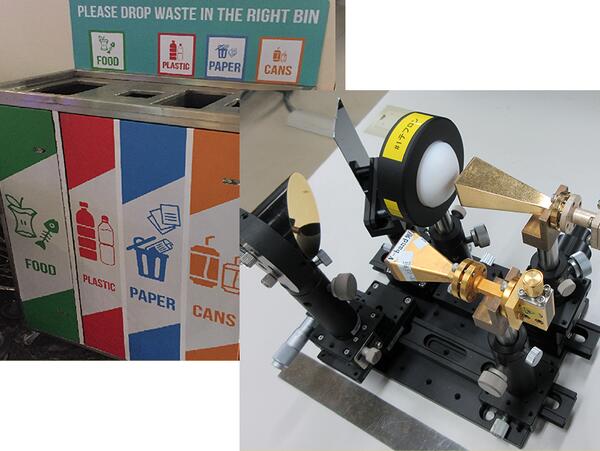
 ecology
ecology society
society multi
multi


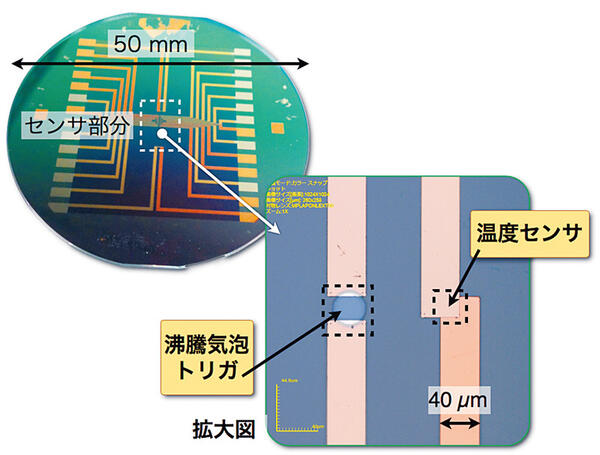
 mechanical
mechanical energy
energy


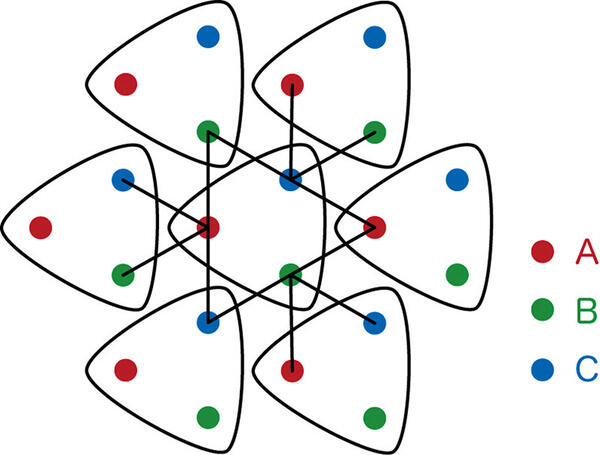
 basic
basic
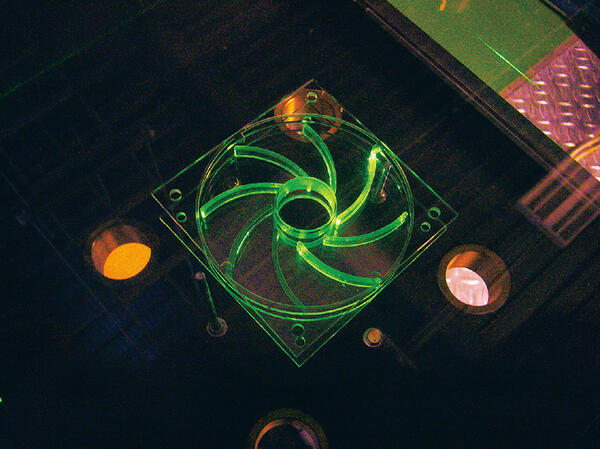
 mechanical
mechanical aerospace
aerospace energy
energy


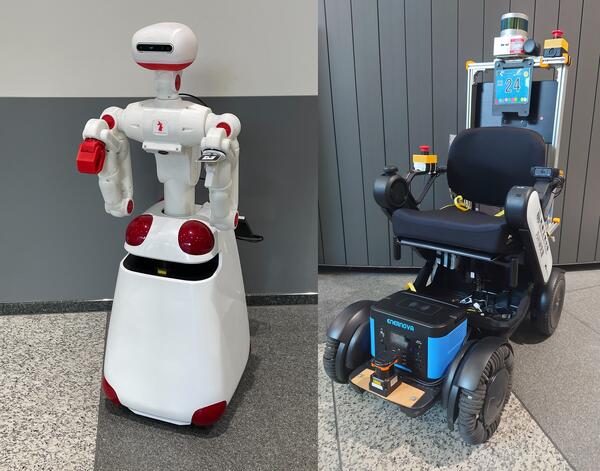
 robot
robot


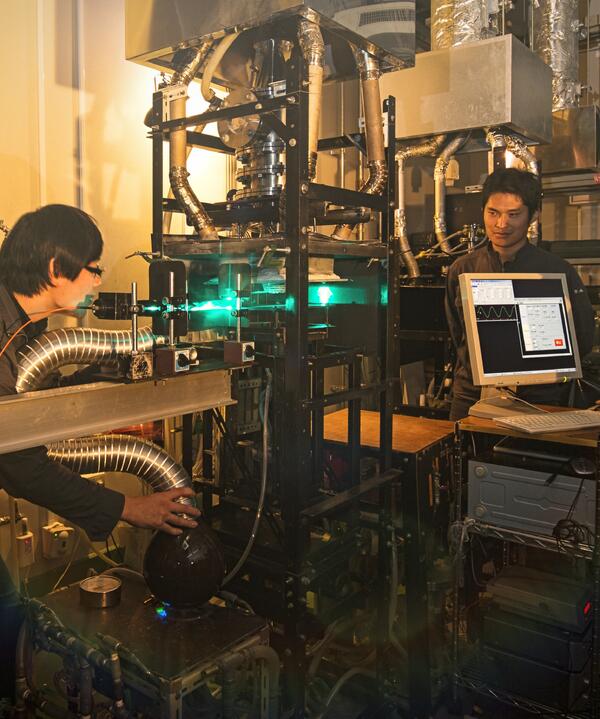
 car
car aerospace
aerospace energy
energy


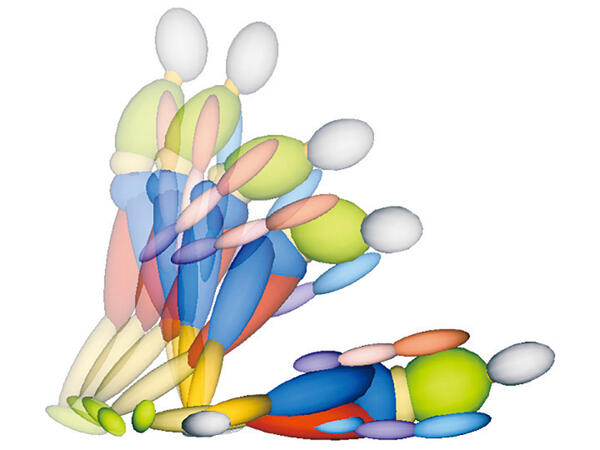
 medical
medical


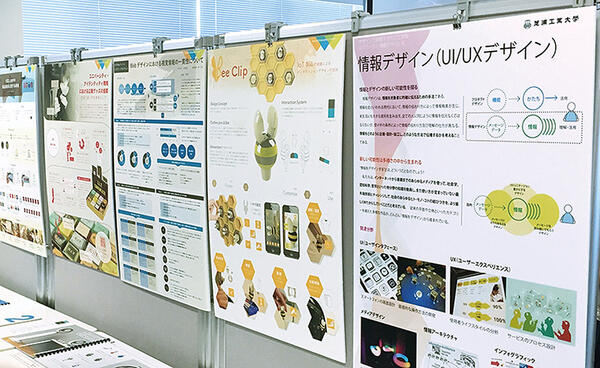
 communication
communication productdesign
productdesign informationdesign
informationdesign


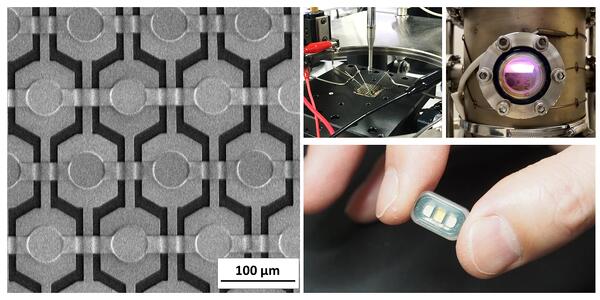
 hardware
hardware material
material medical
medical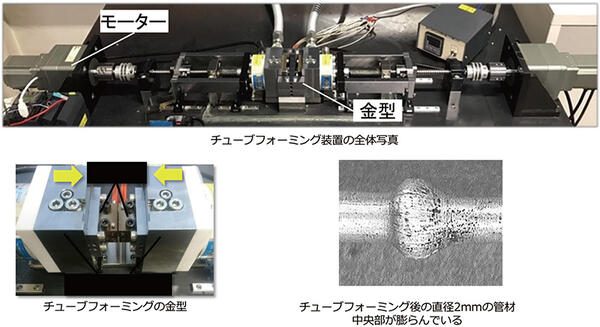
 chemistry
chemistry material
material

